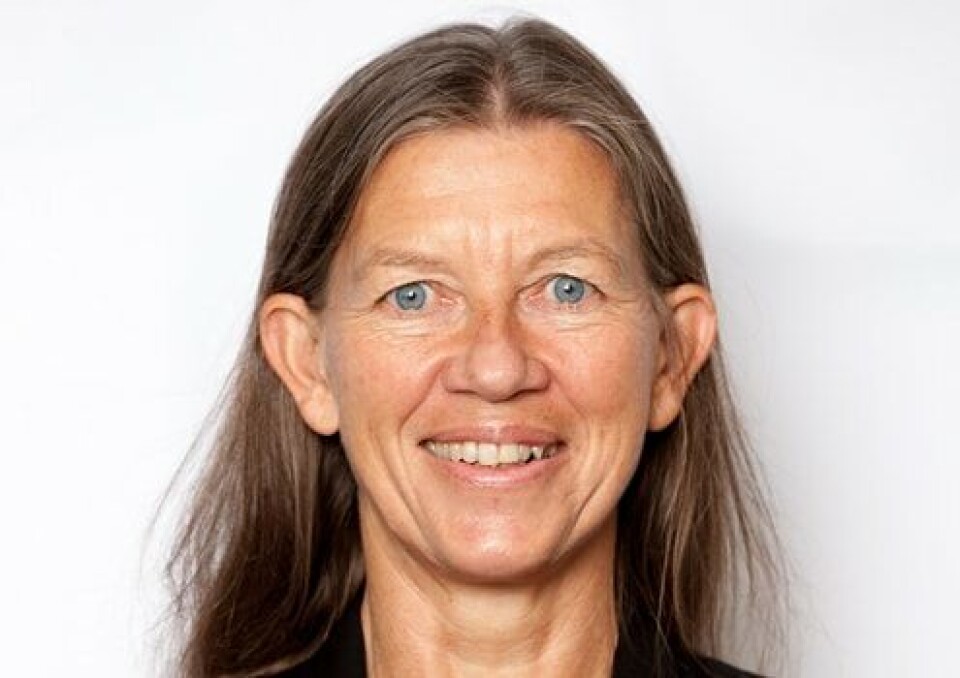Copyright : Re-publication of this article is authorised only in the following circumstances; the writer and Africa Legal are both recognised as the author and the website address www.africa-legal.com and original article link are back linked. Re-publication without both must be preauthorised by contacting editor@africa-legal.com
No Prams Rule Reversed

Webber Wentzel Attorneys in Cape Town were shortlisted for a Children’s Advocate Award at the recent African Legal Awards. They fought for a mom and her disabled son, who were unable to access a shop that refused to allow prams.
ive-year old Connor Haskin, being pushed by his mom in his custom-built buggy, was a familiar sight at the Savemore Superette, the closest shop in their neighbourhood. Mitchells Plain, part of the greater Cape Town, knows hardship, poverty and violence. Without their own transport and because Connor cannot walk, his mom would often put Connor in his buggy to buy food at the superette. Until the day the sign went up in 2019: NO PRAMS. When Liezel arrived, she was told to leave the buggy and Connor outside, or to carry him around while shopping, as the owner was trying to clamp down on shoplifting (and prams are apparently smart hiding places for stolen goods). These alternatives, described by the court as impractical and unreasonable, were not options, particularly because of Connor's vulnerabilities. His Down’s syndrome and the consequences of West syndrome, mean that he cannot walk, speak in sentences and can only use a toilet when helped.
The prohibition on prams, without reasonably accommodating people with disabilities, effectively kept Connor and Liezel out of the superette. This barrier, which resulted in discriminatory treatment of Connor because of his physical and mental disabilities, also negatively impacted on the human dignity of both mother and son.
At the Equality Court hearing in the Mitchells Plain Magistrates’ Court during early 2020, the narrow passage was filled with similar custom-built buggies. These children and parents, who have experienced their fair share of discrimination and unequal treatment, was a visible reminder that many people have physical or mental disabilities - or both - and intentionally or unintentionally, can be excluded from daily life.
Magistrate Hindley, who presided over the complaint which Liezel had taken to the Equality Court, in terms of the Promotion of Equality and Prevention of Unfair Discrimination Act (PEPUDA), emphasised that “the Equality Court reinforces the legal obligation on everyone to eliminate obstacles that unfairly limit or restrict people with disabilities from enjoying equal opportunities”.
The court accepted that, when the superette refused Connor and his mother access to the shop on the basis of its blanket ban on prams, a prima facie case of discrimination on the grounds of disability had been established. The court approvingly referred to a Constitutional Court matter in which a learner had been discriminated against - on the basis of her religious practices, “Fairness requires reasonable accommodation. Reasonable accommodation is most appropriate where discrimination arising from a rule or a practise that is neutral on the face of it and is designed to serve a valuable purpose but which nevertheless has a marginalising affect on certain portions of society … Sometimes the community, whether it is the state, an employer or school, must take measures and possibly incur additional hardship or expense in order to allow all people to participate and enjoy all their rights, equally. It ensures that we do not [relegate] people to the margins of society because they do not and cannot conform to certain social norms. Disabled people are often unable to access or participate in public or private life because the means to do so are designed for able-bodied people. The result is that disabled people can without positive action easily be pushed to the margins of society.”
Magistrate Hindley continued, “The effect of Khan's (the shop owner's) conduct creates and perpetuates a system that is disadvantageous to people with a disability. Khan wanted to justify this by placing his commercial interests above his legal duty of reasonable accommodation.”
Despite disability being a prohibited ground in the Equality Act, it has not been the subject of much litigation in South Africa. The principle of reasonable accommodation has not yet been confirmed in the Constitutional Court in relation to accommodating disability and, in particular, not in respect of children with disabilities. With this matter, we restored the dignity of both Connor and his mother, and on the day judgment was handed down, Lee Haskin wrote to us, "I take this opportunity to thank all of you, as well as the team I did not met yet but who all work very hard in making sure that both Connor and me was represented with dignity and the respect we deserve. I thank you for making this verdict possible. I will walk with my head high knowing that I did all I possibly could for my son. Without all of you, none of this would have been possible."
The matter was reported on widely and the judgment will also be used in the work National Council of and for Persons with Disabilities.
Connor and Liezel were represented by advocate Sibonile Khoza, instructed by Webber Wentzel Attorneys Head of Pro Bono and Partner, Odette Geldenhuys. The matter was done on a pro bono basis.
To join Africa Legal's mailing list please click here
